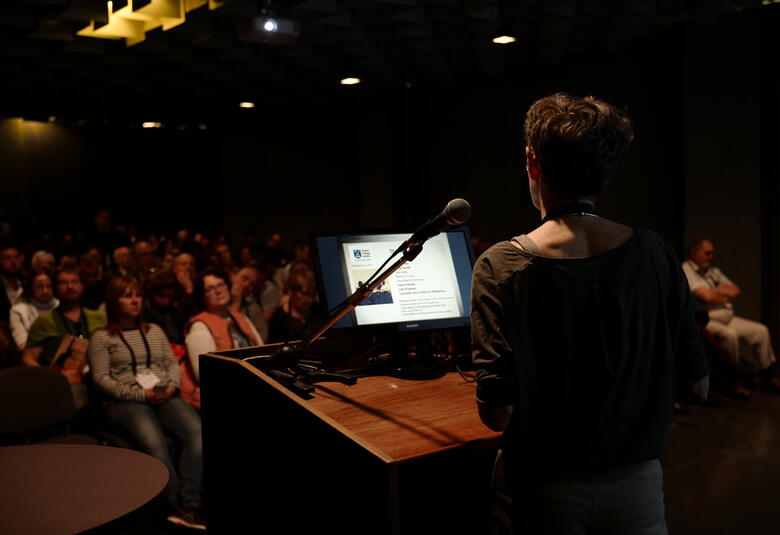
Targeted training addresses cognitive deficits and brain dysfunction in schizophrenia
Disconnections in neural networks that are designed to work in a smooth and co-ordinated way underpin cognitive dysfunction in schizophrenia. Encouraging new evidence suggests that targeted cognitive training can take advantage of neuroplasticity to help rewire the brain.
Recognizing a person who says “Hi” in the street, working out whether you have met before, and deciding how to respond, requires voice and face recognition, the integration of that information in the prefrontal cortex, and its linkage to memory.
In someone with schizophrenia, the initial signals produced by the visual and auditory cortex are likely to be degraded, and their transmission to cortical centres involved in integration and memory uncertain. So it is little surprise that the response on the street is not always appropriate.
There is now evidence that these problems can be addressed by intensive training in speech and facial recognition, that training results in normalization of brain function, and that these changes are reflected in long-term symptom reduction, Sophia Vinogradow, University of California, San Francisco, USA, reported.
Rewiring the connectome
The data come from a controlled trial in which people with first episode psychosis (FEP), who had a mean age of 21 years, were randomized to targeted cognitive training for 4-8 hours per week for 8-9 weeks or an equivalent amount of time playing computer games that did not have the training components designed to encourage brain plasticity.
At the end of the intervention, people randomized to cognitive training scored higher than control patients on global cognition, speed of processing, verbal and visual learning and memory, and problem solving. But the really interesting finding was that after six months without any further intervention, the group who had had cognitive training had lower PANSS scores. In the computer game group, PANSS scores drifted back towards baseline. In the cognitive training group, they continued to fall.
Patients had improved symptoms at the end training and PANSS scores continued to fall without further intervention
This provides important evidence that cognitive changes precede improvement in symptoms.
Corroborative imaging
Magnetoencephalography (MEG) studies showed that cognitive training produced a more powerful signal in both the auditory and prefrontal cortex in response to a syllable identification task. And there was a further highly important finding.
Reality monitoring is an area that people with schizophrenia find especially difficult. It is in a sense the essence of the disease. When asked if they had a word shown to them earlier in a task -- or if they had thought of it themselves – the answer is often wrong. And brain imaging shows that the neural networks activated by the task are different from those activated in healthy controls. After the cognitive training programme, the brain areas activated in people with schizophrenia more closely match those in healthy subjects.
Training results in normalisation of brain network interaction
Having shown such promise in people with FEP, the next question to be addressed by Professor Vinogradov and colleagues is whether targeted cognitive training of high-risk adolescents can prevent development of prodromal symptoms and full psychosis.
Training can improve cognition and neurophysiological functioning, and it is practical technique that can be delivered on a mobile device. But there is a caveat. The programme is intensive and requires high levels of motivation – like going to a mental gym. And lack of motivation in many people with schizophrenia is another core element of the disease.
Experience drives neuroplasticity
People wanting to become a licensed London taxi driver are trained in what is called “The Knowledge”, the ability to navigate every street in the city. As they do so, there are measurable increases in the volume of posterior hippocampal grey matter. This was an early and striking demonstration of plasticity in the adult brain when faced with a new and highly complex task. It was one that Professor Vinogradov cited in her introduction to the work with people with schizophrenia.



